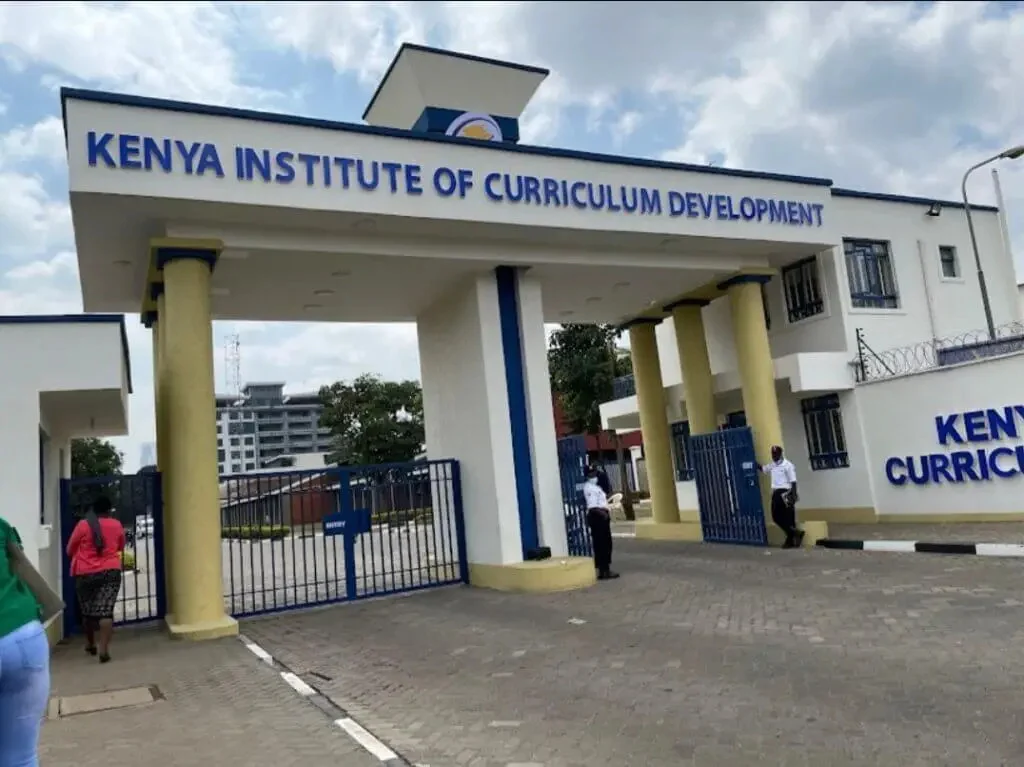Kakamega Governor Fernandes Barasa has demanded for accountability in the Ksh. 240 Million disbursed as education bursaries for needy students in the County.
This is amid widespread claims that some MCAs colluded with their respective Ward and Community Area Administrators to dish out the funds to children of their families and other associates.
He said the money was strictly meant for needy students, with orphans given the first priority followed by those who have poor single parents due to deaths and other causes.
“We shall audit how the funds were disbursed and if we establish that any student from a well-off family benefited then the respective officials will be surcharged,” he added.
Barasa said he resolved to increase the funds from Ksh. 2 Million to Ksh. 4 Million per each of the sixty Wards due to the rising number of needy cases.
“We cannot allocate funds to benefit genuine, needy cases then they be diverted to those whose parents and guardians are already in a position to pay for their school fees. That is unacceptable,” he added.
The county chief was speaking at the Mumias Comprehensive Primary School in Mumias town during a prayer meeting.
He also asked the national government to put up more junior secondary school classrooms in the county to accommodate the high number of students.
YOU MAY ALSO READ:
He said many learners in JSS were suffering because they are forced to share inadequate classrooms and other resources.
“I urge the national government to move fast and build more junior secondary school classrooms in readiness for next year,” he added.
Barasa said the county administration was equally putting up more Early Childhood Development Education centres and would hire more teachers from January next year.
He, however, decried delayed release of funds to counties by the National Treasury to enable them implement their development agenda including the education sector.
“Counties have not received any funds since August and the national government owes us Ksh. 100 Billion as at now. This is affecting our delivery of services,” he added.
By Dennis Lumiti






